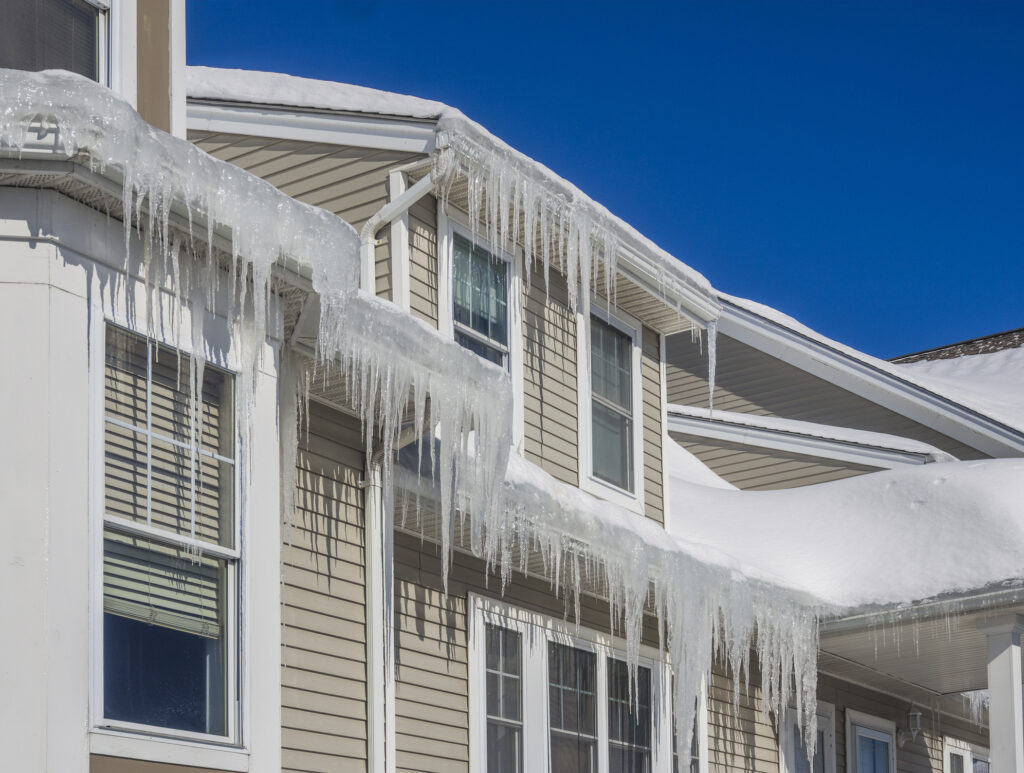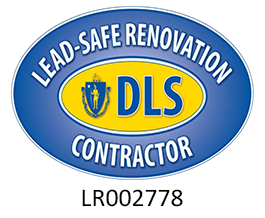As winter blankets the landscape with its icy grip, it’s essential to consider the health of your home’s plumbing system. Neglecting to winterize your plumbing can lead to a myriad of problems, from burst pipes to costly water damage. In this blog, we’ll dive into the dangers of not winterizing your home plumbing and offer tips to protect your property from the ravages of the cold.
Frozen Pipes
Perhaps the most immediate and severe danger of not winterizing your plumbing is the risk of frozen pipes. When water freezes inside pipes, it expands, exerting tremendous pressure on the pipe walls. This pressure can cause pipes to burst, leading to extensive water damage and costly repairs. Even a small crack in a pipe can result in gallons of water flooding your home, damaging walls, floors, and belongings.

Water Damage
Burst pipes are not the only source of water damage associated with neglecting winterization. Ice dams can form in gutters and downspouts, preventing proper drainage and causing water to seep into your home’s interior. Additionally, snowmelt from a poorly insulated roof can infiltrate attics and ceilings, causing water stains, mold growth, and structural damage.
Plumbing Fixture Damage
In addition to pipes, plumbing fixtures such as faucets, toilets, and outdoor spigots are susceptible to damage from freezing temperatures. Water left in outdoor hoses and spigots can freeze and expand, causing them to crack or burst. Indoor fixtures located in unheated areas, such as basements, crawl spaces, or garages, are also at risk if not properly insulated or heated.
Disrupted Water Supply
Frozen pipes not only pose a risk of damage to your property but can also disrupt your access to water. When pipes freeze, water flow is obstructed, leading to reduced or no water supply to your faucets, showers, and toilets. This inconvenience can be not only frustrating but also costly if you need to hire a plumber to thaw the pipes and restore water flow.
Increased Utility Bills
Another consequence of neglecting winterization is the potential for increased utility bills. When pipes are not properly insulated, your heating system must work harder to keep them warm, leading to higher energy consumption and heating costs. Additionally, leaks caused by burst pipes can result in wasted water, further driving up your utility bills.
Health Risks
Beyond the financial implications, neglecting to winterize your plumbing can also pose health risks to you and your family. Water damage and mold growth resulting from burst pipes or ice dams can exacerbate respiratory conditions and allergies, leading to coughing, wheezing, and other health problems.
To avoid the dangers associated with not winterizing your home plumbing, take proactive steps to protect your property. Insulate exposed pipes, disconnect and drain outdoor hoses, and seal gaps and cracks in your home’s exterior to prevent cold air infiltration. Consider installing heat tape or pipe insulation in vulnerable areas, and keep your home adequately heated, even if unoccupied, to maintain a consistent temperature throughout.
Should you be faced with a frozen or burst pipe, or any other plumbing emergency, contact the experts at Pann Home Services & Remodeling right away. We have been providing the greater Boston, North Shore, South Shore and Metro West areas with high quality plumbing services for over 60 years, and are ready to assist you, too.









